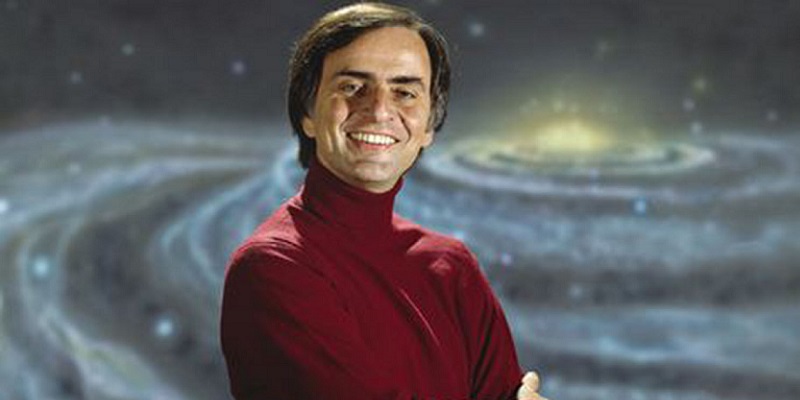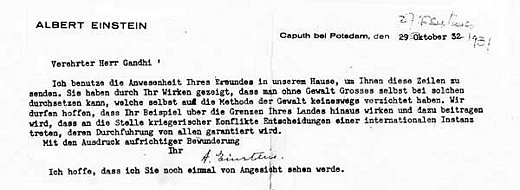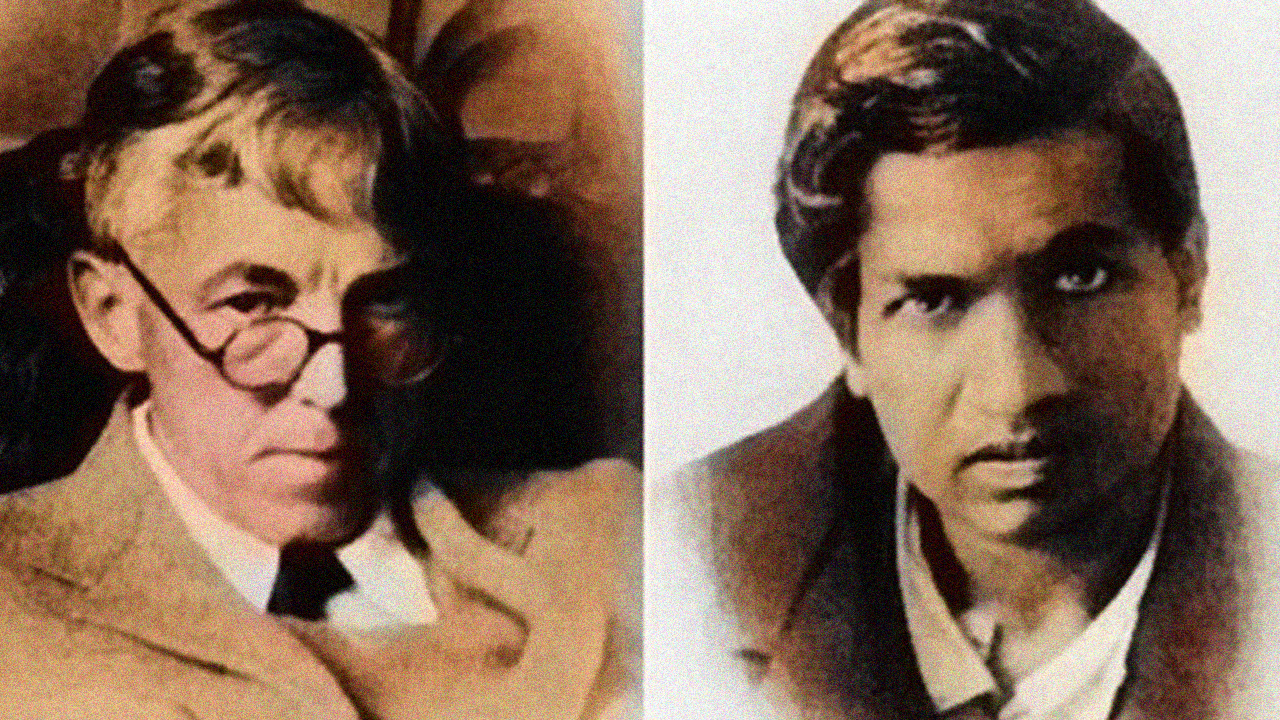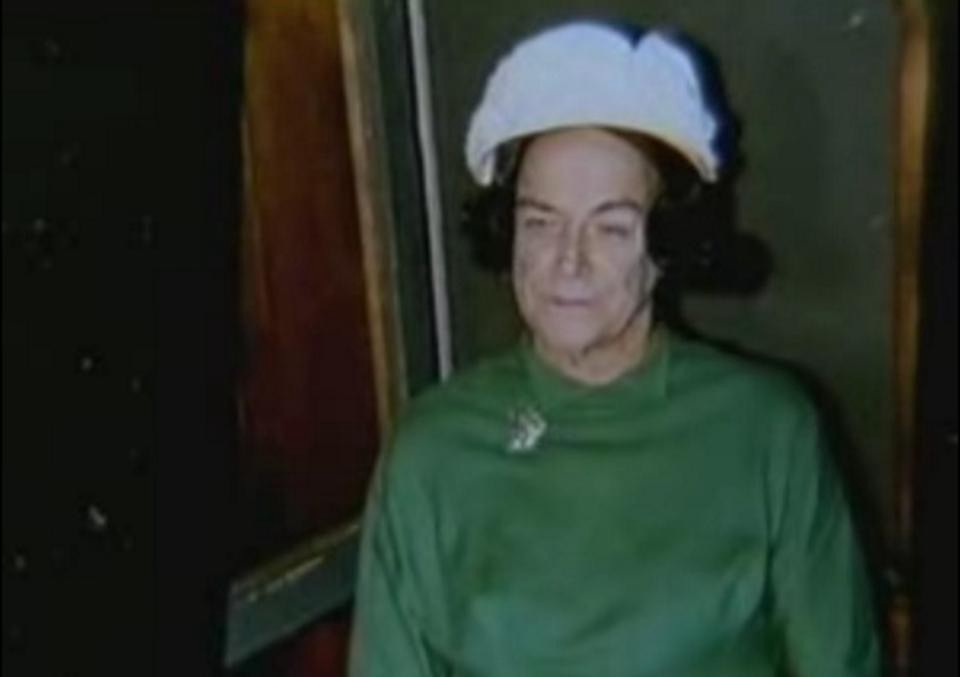
On climate change
 |
| Protest in Goa |
On life elsewhere
On science and politics

On afterlife
On cannabis
On experiment
On god
 |
| Recommended science documentaries |

 |
| Protest in Goa |

 |
| Recommended science documentaries |


It took 60 years, in 1963, for another woman to win the most coveted prize in physics. Maria Goeppert Mayer was awarded for discoveries concerning nuclear shell structure.
Another 55 years later, in 2018, Donna Strickland received the award for her 1985 discovery, chirped pulse amplification, a technique which is used to make cellphone screens.
Cut to 2020, we have another woman Nobel laureate in physics, her name Andrea Ghez, who has been awarded the top honor for the discovery of a supermassive black hole in the Milky Way's center!
She shared the prize with colleague Reinhard Genzel. The other half of it went to Sir Roger Penrose.
When asked to comment on it, Andrea said: "I'm grateful, I'm thrilled. You know I work for the science and I'm just glad that it is recognized."
One might ask, "Why do we care about supermassive black holes, like, why is that so important to know about?
Andrea says: "They represent the breakdown of our understanding of the laws of physics. It's transformed our knowledge of these objects that we didn't really have proof existed in the universe."
By picturing the center of Milky Way galaxy at infrared wavelength, Ghez and her team were able to peer through heavy dust that blocked visible light, and produced images of the Black Hole, Sagittarius A*.
By using Kepler's third law, she showed that its mass was 4.1 million solar masses. Based on its mass and radius calculations, astronomers concluded that Sagittarius A* was a supermassive black hole.
Andrea has appeared on many black hole physics documentaries for BBC and Discovery Channel. When asked about her role as a science comunicator, she replied: "We all must step up to talk about the role of science and that is, I think, more important than ever."
She stayed up many nights at the Keck telescope photographing the center of Milky Way and then superimposed each still photograph on top of the other to make a film showing how stars around the center behaved due to Sag A*. In 2020, we celebrate her brilliance and dedication.

American theoretical physicist, Richard Feynman, had once said: "Mathematicians are only dealing with the structure of the reasoning and they do not really care about what they're talking. The physicist, on the other hand, has meaning to all the phrases."
Sir Roger Penrose agrees.
In his 1997 book, The Large, the Small and the Human Mind, Penrose wrote: "Well, why am I talking about things when I do not know what they really mean? It is probably because I am a mathematician and mathematicians do not mind so much about this, so long as those things can say something about the connections between them."
Cut to 2020, Penrose is the winner of Nobel Prize in physics for the discovery that black hole formation is a robust prediction of the general theory of relativity. He shares it with Reinhard Genzel and Andrea Ghez.
"I was good at maths, yes, but I didn't necessarily do very well in my tests. But the teacher realized if he gave me enough time, I would do well," the laureate recalled.
While he had been working proactively to unravel the mysteries of the universe since the 50s, Roger Penrose came to a much wider public attention after publishing of A Brief History of Time in 1988.
Penrose and Hawking go way back. They both were the winners of Wolf Prize in 1988 for Penrose-Hawking singularity theorems (1965). Their friendship and collaboration were captured even in the movies: Hawking (2004) and Theory of Everything (2014).
See also: Best Physics Movies
Sir Penrose was most heavily inspired by his father, Lionel Penrose, who was a psychiatrist and a geneticist. In fact, brilliance runs down their family: his grandfather was a renowned Irish artist, one of his brothers is a physicist himself and the other is a Chess grandmaster, his sister, a geneticist, has followed in her father's footsteps!
Since Penrose was purely a mathematician, his work was really abstract in that sense. But he was drawn to astrophysics by Dennis Sciama (who also was a doctoral advisor to Stephen Hawking).
And that is how they first met.

They proposed two types of singularities: space-like for non-rotating black holes and time-like for rotating black holes.
It was thought that in the eventual collapse of a star (to form a black hole), if the star is spinning and so possesses even some angular momentum, maybe the centrifugal force could counteract gravity and keep the singularity from forming.
Penrose-Hawking theorems showed that that cannot happen, and that a singularity will always form once an event horizon forms. In other words, Penrose proved with complicated maths that Black holes were not impossible and in fact a result of relativity.
Hence, in 2020, we celebrate Sir Roger Penrose's contributions to physics, his incredible writings on human consciousness and his life in general.

Generations to come, will scarce believe, that such a man as this one, ever in flesh and blood walked upon this earth. This was said of Mahatma Gandhi by Albert Einstein on the former's 70th birthday in 1939.
Einstein was deeply inspired by Gandhi's teachings and so much so that he called him the most enlightened of all the politicians of his time. The two never met but they exchanged letters among themselves. In other words, they were pen pals.
In 1950, two years after Gandhi's death, Einstein recorded an interview for United Nations from his study at Princeton University in New Jersey.
He said, "We should strive to do things in his spirit...Not to use violence in fighting for our cause, but by non-participation in what we believe is evil."
 |
| Gandhi's picture framed in Einstein's study |
On that radio interview, Einstein advocated for non-cooperation, a peaceful form of protest against what you believe is evil. Such a movement was launched by Gandhi in 1920s.
Einstein believed that if the world were to be improved, it could not be done simply with new scientific discoveries, it also had to encompass morals and ideals.
"In this respect I feel," Einstein said: "That the Churches have much guilt. She has always allied herself with those who rule, who have political power, and more often than not, at the expense of peace and humanity as a whole."
Einstein noted that the admiration for Mahatma Gandhi in all countries of the world rests on recognition of the fact that in time of utter moral decadence, Gandhi was perhaps the only statesman to stand for a higher level of human relationship in political sphere.
Their communication began through letters. Einstein wrote the following congratulatory letter to Gandhi in the 1930s (this was after their renowned Salt March from Sabarmati Ashram to Dandi).

Translation:
"I use the presence of your friend in our home to send you these lines. You have shown through your works, that it is possible to succeed without violence even with those who have not discarded the method of violence.
We may hope that your example will spread beyond the borders of your country, and will help to establish an international authority, respected by all, that will take decisions and replace war conflicts.
P.S. I hope that I will be able to meet you face to face some day."
Gandhi responded, saying: "Dear friend, I was delighted to have your beautiful letter sent through Sundaram. It is a great consolation to me that the work I am doing finds favour in your sight. I do indeed wish that we could meet face to face and that too in India at my Ashram."
Despite their intentions, the two greats never met in person.
On Gandhi's death, Einstein wrote: He died as the victim of his own principles, because in time of disorder and general irritation in his country, he refused armed protection for himself.

Even though physics and music are two wildly separate fields...what is life without both of them? Without physics, there is no chemistry or biology, or that which we call living. Whereas, without music, the living cannot so eloquently express feelings such as joy, heartbreak, hope and so on.
Richard Feynman
This was a man full of life...He was an American physicist who won the Nobel Prize for his contributions to quantum electrodynamics. Even at old age, Feynman did not stop performing his famous "orange juice" song.
Albert Einstein
He had once said: "Life without playing music is inconceivable for me. I live my daydreams in music, I see my life in terms of music. If I were not a physicist I would probably be a musician. I get most joy in life out of my violin."

His mother, Pauline, played the piano reasonably well and she wanted her son to learn the violin, not only to make him fall in love with music but also to help him assimilate into German culture.
Max Planck
He was a German physicist who is known for proposing Quantum theory in 1901. Planck was a father figure to Einstein yet they both played music as if members of a western classical band.



He started reading sheet music at the age of four! However, as Heisenberg grew older, his love for science outgrew his passion for music, despite which, music remained a lifelong hobby of his.


It was evening when we came to the riverWith a low moon over the desertThat we had lost in the mountains, forgotten.What with the cold and the sweatingAnd the ranges barring the sky.And when we found it again...In the dry hills down by the river,Half withered, we hadThe hot winds against us.
There were two palms by the landing;The yuccas were flowering; there wasa light on the far shore, and tamarisks.We waited a long time, in silence.
Then we heard the oars creakingAnd afterwards, I remember,The boatman called us.We did not look back at the mountains.
 |
| Tamarisks |
Age is, of course, a fever chillThat every physicist must fear.He's better dead than living stillWhen once he's past his 30th year.

How much do I love that noble man,More than I could tell with words!I fear though he'll remain aloneWith a holy halo of his own...

Nature is written in this grand bookWhich stands continually openBefore our eyesBut cannot be understoodWithout first learningTo comprehend the languageIn which it is written.
Without whichIt is impossible..To even understand a wordWithout whichOne is just wanderingIn a dark labyrinth.
Out of the cradleOnto dry landHere it is standing:Atoms with consciousness;Matter with curiosity.Stands at the sea,Wonders at wondering: I,A universe of atomsAn atom in the universe.
The world may be utterly crazyAnd life may be labour in vain;But I'd rather be silly than lazy,And would not quit life for its pain.



 |
| As queen Elizabeth II (from anonymous source at Caltech) |
 |
| From Caltech archive |

